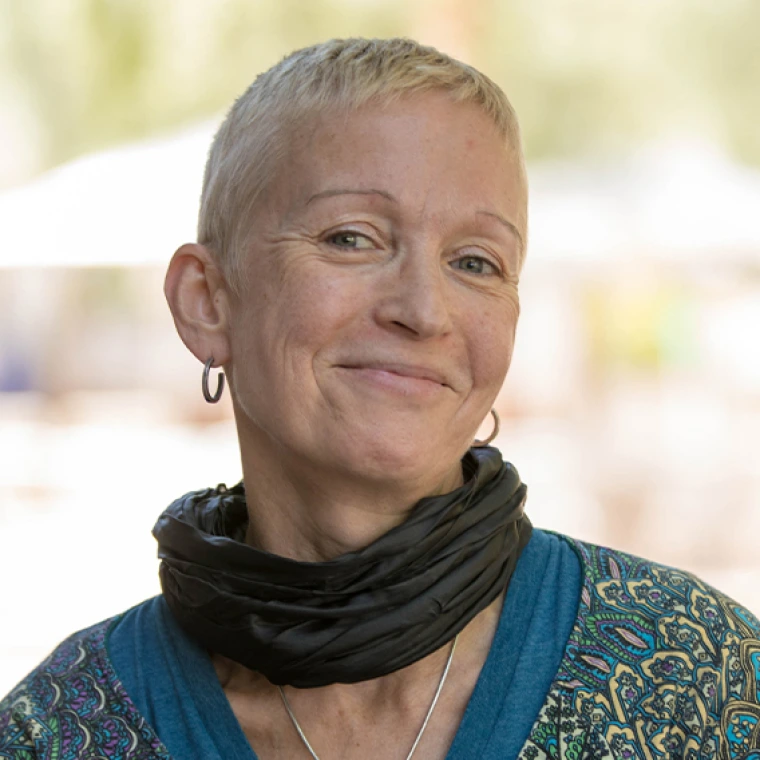Jadwiga E. Pieper Mooney

Chávez 403G
Research Areas
My work focuses on Latin American and Gender history, with an interest in the Cold War and the global sixties. My first book, The Politics of Motherhood: Maternity and Women’s Rights in Twentieth-Century Chile (Pittsburgh, PA: University of Pittsburgh Press, 2009) explores the politics of health and rights through the lens of gender. I have also co-edited, with Fabio Lanza, Decentering Cold War History: Local and Global Change (London and New York: Routledge, 2013) and, with Tamara Chaplin, The Global Sixties: Convention, Contest and Counterculture (London and New York: Routledge, 2017).
In my current research projects, I seek to explore people’s mobilization for rights (widely defined), their definition of rights, and the political strategies they use to obtain specific rights. I continue to work on transnational women's activism and the forging of global feminisms in the post WWII era. But I also research individual’s strategies to defend specific rights, such as the right to health and health care as well as reproductive rights.
I am in the process of completing the biography of the Chilean physician Benjamin Viel – and use his life as a way to discuss the complex relationships of power that contributed not only to the making of public health systems in Chile and the Americas, but also to the experiences of people - of citizens who may have access to health and health care, or who may not.
Next, I will return to my manuscript titled “Roads they Traveled: The Politics of Chilean Exile in Cold War Germany.” It represents a "street-level" history of the Cold War and starts with a detailed analysis of Chilean exile in East and West Berlin. I explore regulatory powers and technologies used by state and military actors in order to retain political control over “dissident subjects” or “subversive” citizens. Viewing the exiles’ political mobilization as a struggle over interpretive power and over (political-national) belonging, I argue that attention to their shifting positions of marginality helps to understand their influence on regulatory powers and technologies and on the military’s regiment of citizenship. We can link the exiles’ individual and collective experiences of exclusion- initiated with the military coup- to the making of new political subjectivities and new political possibilities.

